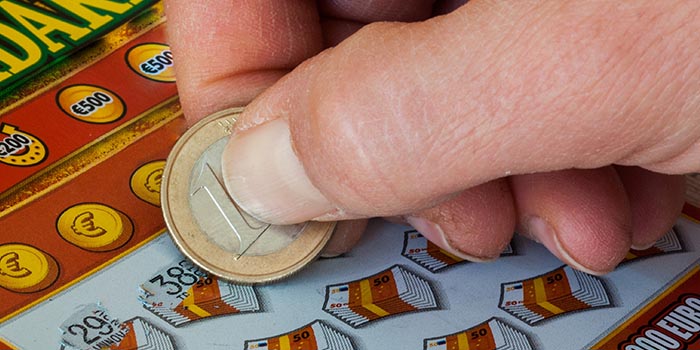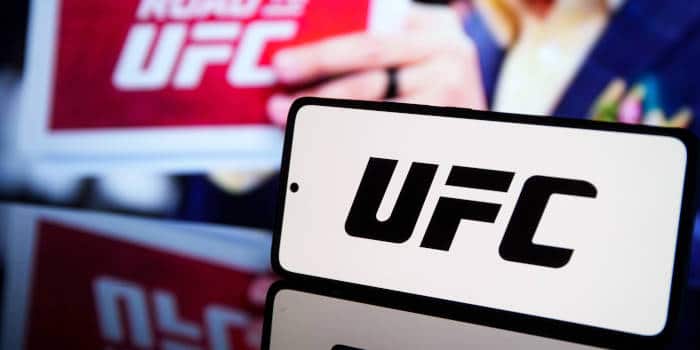- Casino
- By State
- Alabama
- Alaska
- Arizona
- Arkansas
- California
- Colorado
- Connecticut
- Delaware
- Georgia
- Florida
- Hawaii
- Idaho
- Illinois
- Indiana
- Iowa
- Kansas
- Kentucky
- Louisiana
- Maine
- Massachusetts
- Maryland
- Michigan
- Minnesota
- Mississippi
- Missouri
- Montana
- Nebraska
- Nevada
- New Hampshire
- New Jersey
- New Mexico
- New York
- North Carolina
- North Dakota
- Ohio
- Oklahoma
- Oregon
- Pennsylvania
- Rhode Island
- South Carolina
- South Dakota
- Tennessee
- Texas
- Utah
- Vermont
- Virginia
- Washington
- West Virginia
- Wisconsin
- Wyoming
- By State
- Slots
- Poker
- Sports
- Esports
Lawsuit over Loot Boxes against Apple Comes to an End

Apple has been able to quash a class-action lawsuit against it, alleging that the company had knowingly and purposefully allowed underage gambling through its App Store. The lawsuit was lodged by Rebecca Taylor, a parent who alleged that by allowing Supercell’s Brawl Stars on the store, Apple was complicit with what she believed was a form of gambling promoted to children.
Judge Calls on Plaintiffs to Seek Legislation Remedies
The reasoning was struck down in a US District Court of the Northern District of California by Judge Richard Seeborg, who argued against the plaintiff’s reasoning. According to Judge Seeborg, though, the argument cannot be attained in a Californian court as the state currently has no laws against loot boxes, the focal point of Taylor’s objection in the lawsuit.
Taylor explained that her son was able to purchase $25 worth of digital currency and then spend it on loot boxes. This, Taylor believed, was counter-intuitive and represented a “predatory monetization scheme that violates established public policies.”
Taylor called the practice unethical and immoral in her lawsuit, but the defense argued that the currencies purchased in Supercell’s Brawl Stars game are for all intents and purposes only usable digitally. They had no real-world value, which is an argument California recognizes.
Other states, such as Washington, for example, did acknowledge in the past that loot boxes are indeed something of value, which in turn made them subject to the state’s gambling laws, effectively outlawing them.
Seeborg, though, reminded the plaintiffs that if loot boxes are to be recognized as a form of gambling or a conduit of underage gambling, that would have to happen with the assistance of policymakers, not the courts.
Loot Boxes and They Are Link to Gambling
He argued that Taylor and the public she represents should seek legislative remedies that bring clarity on the issue. Apple is just one of the many technology companies out there to be targeted by similar lawsuits. Facebook and Google have both been embroiled over similar issues.
Loot boxes have been a divisive topic for many. The main argument against them is that they borrow on established gambling mechanics such as predicting the outcome on chance. While digital currencies are spent in most video games, those currencies are bought in exchange for real money.
From there on in, consumers, often children, may purchase digital containers that come with a price. In the past, the “drop rates” would be concealed, but this has changed in recent years, with lawmakers demanding more clarity.
As a result, major publishers have agreed to feature the percentage of a loot box dropping certain items. While some jurisdictions are debating loot boxes, including the United Kingdom and Australia, others have opted to suspend them outright. Belgium and the Netherlands have deemed loot boxes a form of gambling and suspended them outright.
One study in 2021 found out that loot boxes are indeed related to problem gambling. Spain has joined Belgium and the Netherlands to seek an amendment to its gambling laws that would include loot boxes.
Related Topics:
Although Fiona doesn't have a long-spanning background within the gambling industry, she is an incredibly skilled journalist who has built a strong interest in the constantly growing iGaming network. The team at Gambling News is glad to have her on our roster to help deliver the best stories as soon as they hit. Aside from writing, she loves to dabble in online casino games such as slots and roulette, both for her own enjoyment and also as research to better improve her understanding of the industry.
Must Read
More Articles





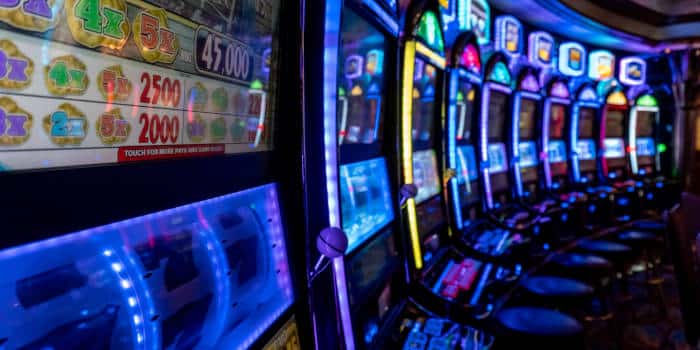
Casino
July 11, 2025
IGT Reveals Multiple Jackpots Throughout June
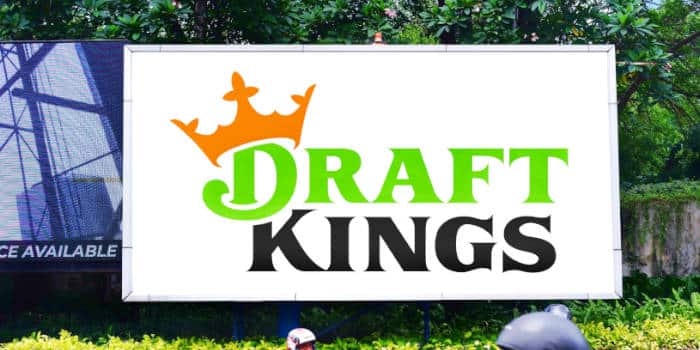
Sports
July 11, 2025
DraftKings to Give Back Over $3M to Connecticut Users
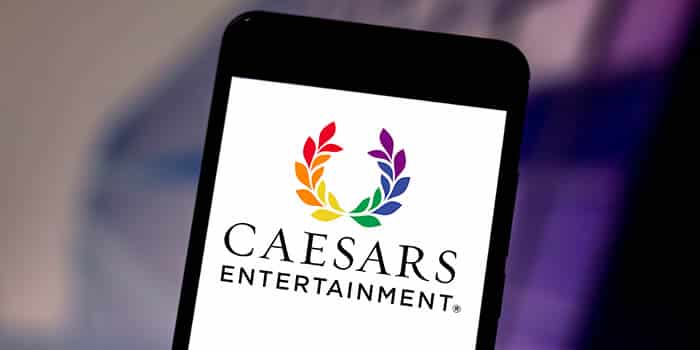
Casino
July 11, 2025
Caesars Introduces Digital Wallet in Nevada

Sports
July 10, 2025
NJ Bans Sportsbook Deals With Public Colleges

Casino
July 10, 2025
Mohegan Sun Guest Wins $2M Gambling in Spanish 21




